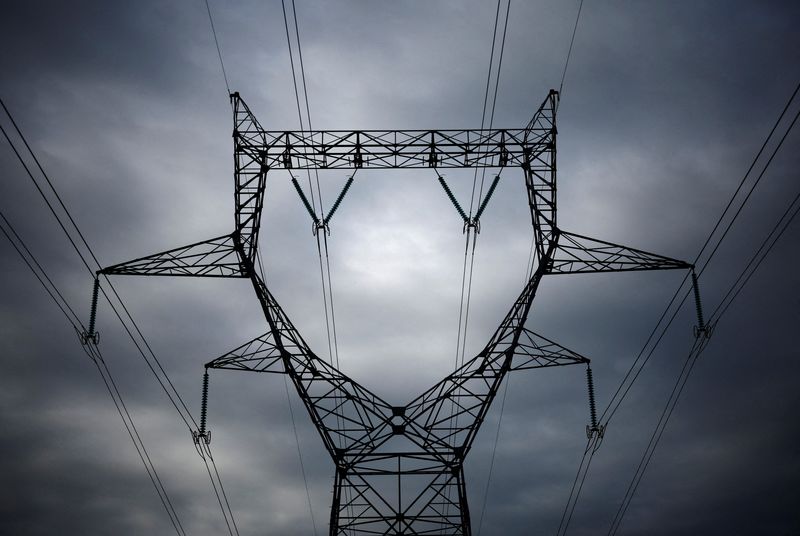By Gavin Maguire
LITTLETON, Colorado (Reuters) – The fall of the French government on Wednesday could have far-reaching consequences for European energy markets and send regional electricity costs soaring.
France is by far the largest electricity exporter in Europe, accounting for about 60% of net electricity exports so far in 2024, according to energy data service energy-charts.info.
Record exports of French electricity this year have provided neighboring countries with crucial supplies of cheap and clean energy, while the region continues to be hampered by high energy costs, weak economic growth and political disarray.
But political turmoil in France is now raising questions about whether the country can sustain its high levels of electricity production and exports.
BUDGET DESTRUCTION
French utility EDF (EPA:) is deeply intertwined with the country’s political system, as the company was taken over by the government in 2022 after accumulating debts of around $10 billion.
EDF operates the country’s nuclear power fleet, which supplies around 70% of France’s electricity, and is therefore considered of crucial national importance.
However, the company’s massive debt pile has only added to the government’s growing debt obligations, a major factor behind the government’s collapse.
As a state-owned company, EDF has access to capital at preferential rates, and last month the government planned to provide interest-free loans to EDF to cover the construction costs of new reactors.
However, the energy sector is also seen as a potential source of public funds, and outgoing Prime Minister Michel Barnier was forced to abandon proposals for new taxes on electricity just days before he was ousted.
The resulting power vacuum now clouds the prospects for the entire power generation and distribution sector, as EDF still requires regular and extensive investments to maintain the country’s aging nuclear fleet and electricity grids.
RECORD EXPORT NOW IN DANGER
The relatively low cost of French nuclear generation has allowed the country to benefit from significantly lower energy prices than its neighbors, and the means to export excess electricity to interconnected markets.
According to LSEG, so far in 2024, French wholesale electricity prices are on average about 25% lower than those of Germany and the Netherlands, and 45% lower than those of Italy.
That cost difference has motivated French energy traders to export excess supplies at a tidy profit.
However, forced cuts in French power generation due to budget battles could quickly limit electricity exports.
And no other country is able to replace France’s electricity supply at such a low cost.
According to energy-charts.info, France exported almost 84 terawatt hours (TWh) of electricity to neighboring countries in the first eleven months of 2024.
That export figure was 85% more than the same period in 2023, and the highest for that period in records going back to 2015.
The country’s massive nuclear fleet – the largest in Europe – has been the main driver of these exports, with nuclear power generation increasing by around 12% from 2023 levels to a three-year high in 2024, said LSEG.
A 31% jump in hydropower production to the highest level in more than a decade has also helped boost French generation and exports.
However, both nuclear and hydropower production are already approaching the upper limits of historical production levels and are therefore at risk of being scaled back during a prolonged political impasse or as a result of budget cuts.
GRIDLOCKED
Germany and Italy are two of Europe’s largest electricity importers and will be particularly affected by any loss of French electricity flows.
Both countries have large networks of natural gas-fired power stations that have been hit hard by the decline in Russian gas supplies since 2022.
And Germany and Italy have increased imports of liquefied gas (LNG) in recent years in an effort to restore domestic energy production.
But the sharply higher cost of LNG compared to pipeline deliveries has meant that industries that rely on gas for energy or as a feedstock have seen costs soar.
These rising costs have led to an acceleration of the electrification of energy consumption and to a sharp increase in electricity imports by almost all European countries.
So far, France has managed to supply most of the electricity needed and has helped keep regional electricity costs under control.

But if France’s energy system loses steam due to the looming political skirmish, electricity importers could face a drop in available supply and rising energy costs, which could fuel a new regional energy crisis.
The opinions expressed here are those of the author, a market analyst for Reuters.


